This summer I am teaching a “Landscape Design With Birds & Pollinators in Mind” class twice in Avalon. These 2-hour indoor classes are co-sponsored by the Avalon Environmental Commission and the Avalon Free Public Library. The classes are FREE but registration is required. Details follow:
June 14 (Friday), 2:30-4:30 p.m.
(same class offered Fri., August 16, but at a different location)
“Landscape Design with Birds and Pollinators in Mind”
by Pat Sutton
Registration required; Space limited to 20
Where: Avalon at the Tennis Building, 250 39th St, Avalon, NJ 08202
August 16 (Friday), 2:30-4:30 p.m.
(same 2-hr class offered Friday, June 14, but at a different location)
“Landscape Design with Birds and Pollinators in Mind”
by Pat Sutton
Registration required; Space limited to 20
Where: Avalon Free Public Library, 235 32nd St, Avalon, NJ 08202
DETAILS ABOUT THESE CLASSES:
Registration is required.
For the June 14th CLASS Avalon property owners began registering May 17. Registration opened up to others on May 31.
For the August 16th CLASS Avalon property owners may register beginning July 19. All others may register beginning August 2.
To register, please call the Avalon Library at 609-967-7155 or stop by their circulation desk at 235 32nd St, Avalon, NJ 08202. At registration, participants will receive Pat Sutton’s handout, “Landscape Design with Pollinators and Birds in Mind,” which includes instructions on creating a sketch of their property required for the class. Be sure to read this handout over prior to the class so that you get as much as possible out of the class.
The property sketch should be emailed to Pat 3 days prior to the class (so by the end of the day on Tuesday, June 11th for the June 14th class and by the end of the day on Tuesday, August 13 for the August 16th class). The property sketch should have the registrant’s name in large, bold letters on the sketch in a spot that will be included when it is photographed or copied and sent to Pat. Photograph the property sketch (so that your name on the sketch shows up), and e-mail the jpg or pdf scan to Pat Sutton (Pat’s e-mail is at the top of her Landscape Design HANDOUT received upon registration). In the e-mail subject line registrants should enter: “Landscape Design – June 14 or August 16 (whichever day/class they signed up for) – their full name.” If you feel more comfortable sending Pat a few photos of the area you would like to transform into a native plant habitat, by all means send photos instead, but please don’t crash her computer with many HUGE photos. If you have any questions, reach out to Pat (but hopefully everything is explained in her handout and these instructions).
The first half of the class will cover resources and a slide program about the topic. During the second half of the class the group will brainstorm the projected images of each participant’s rough sketch. This brainstorming session should result in participants heading home with ideas and plans to enhance each of their properties for pollinators and birds.
Happy Wildlife Gardening,
Pat
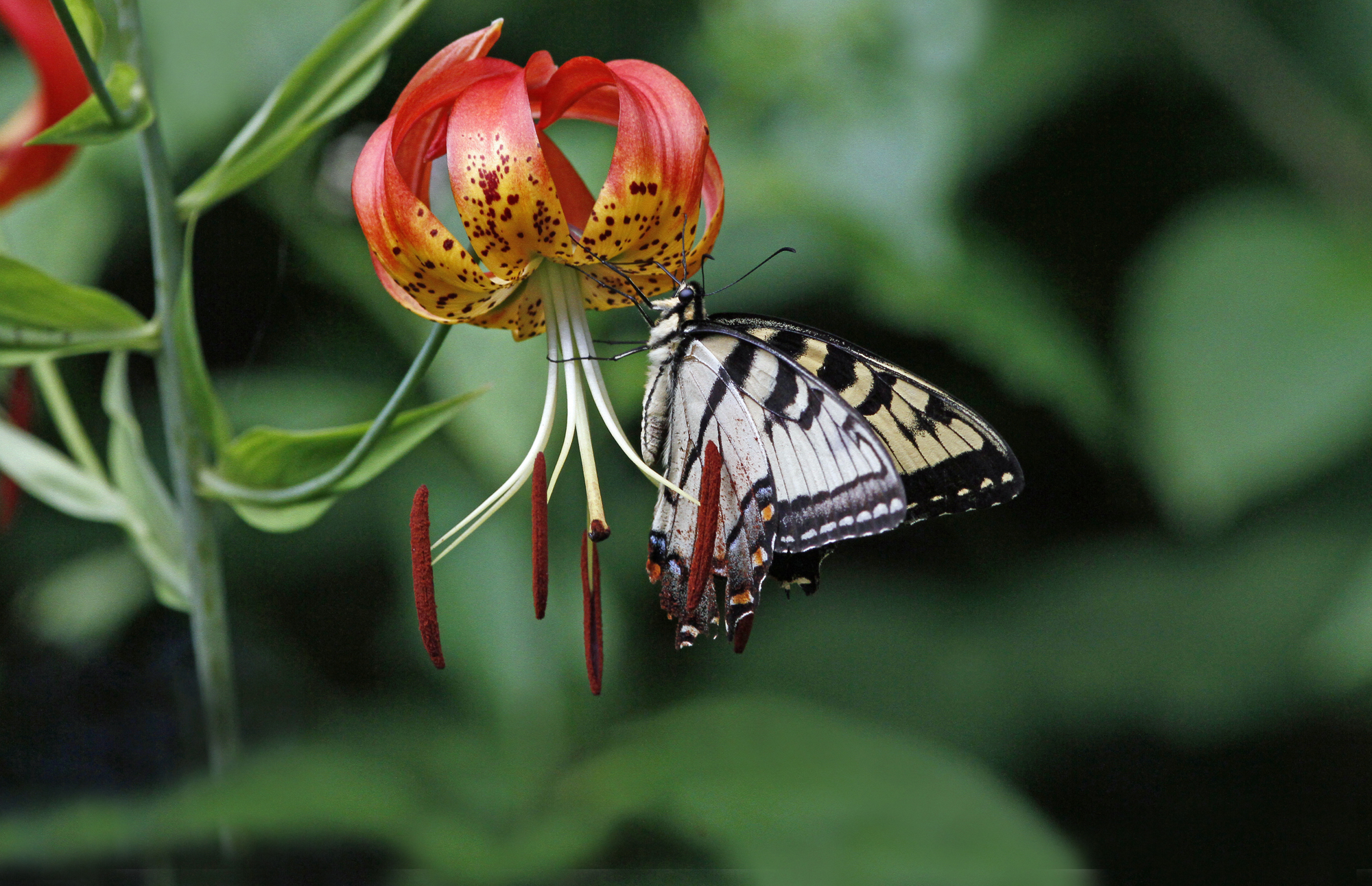
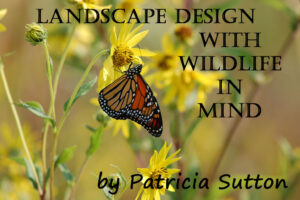
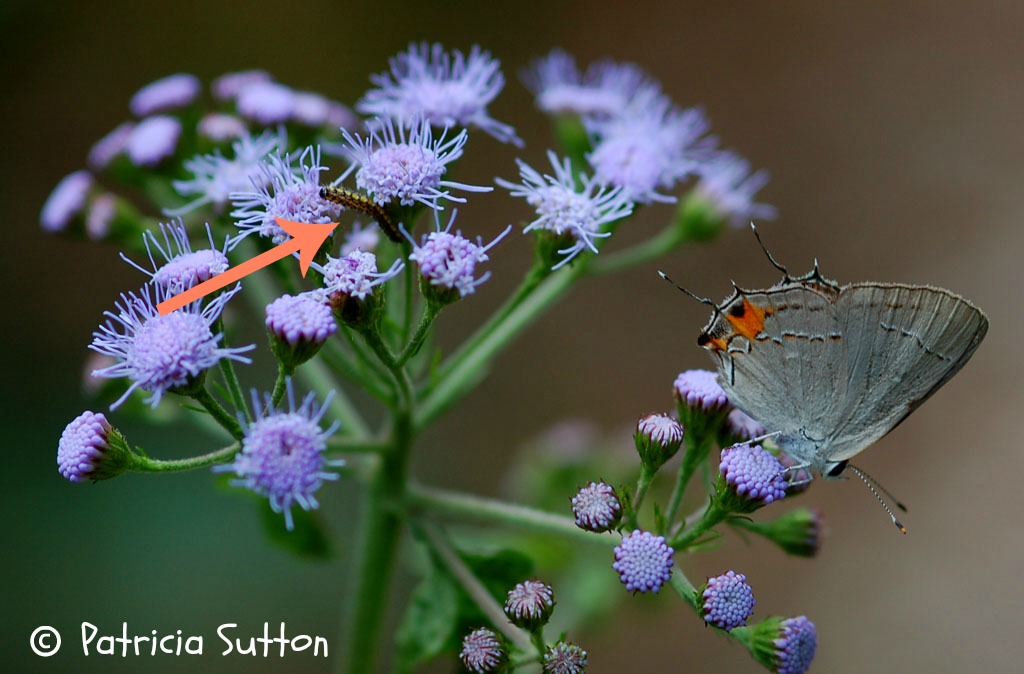










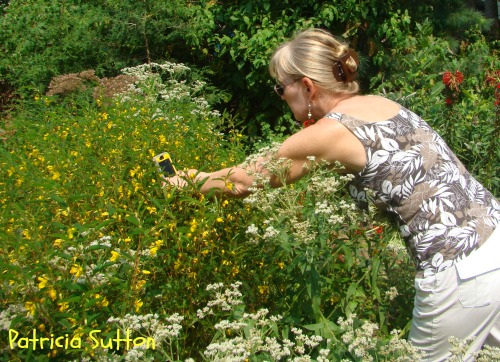





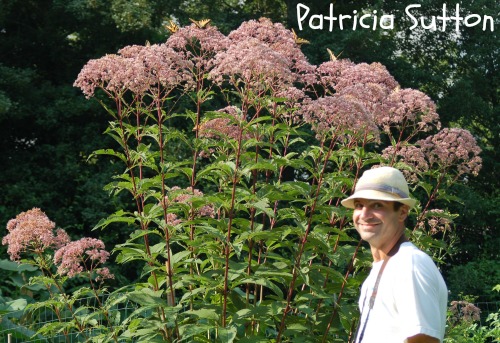

 Many (1000s) have taken these workshops, been empowered, and created habitats that have given them pleasure for years to come.
Many (1000s) have taken these workshops, been empowered, and created habitats that have given them pleasure for years to come. Consider joining me for one, two, or all six of these workshops.
Consider joining me for one, two, or all six of these workshops.  So, what do you say! Will I see you in February & March?
So, what do you say! Will I see you in February & March? Time: 10:00 a.m. to 3:00 pm.
Time: 10:00 a.m. to 3:00 pm. Hi Gang,
Hi Gang, Sign up today and begin getting ready for the workshops. Draw a rough sketch of your yard, indicating structures (and hardscapes like driveways, decks, etc.), existing habitats (lawn, forest, lone trees, shrub islands, gardens, bird feeding station, brush pile, etc.), and mark NORTH, SOUTH, EAST, WEST on the sketch. Take time to note the sun’s path through your yard and where the sunniest areas are. Bring a wish list of the elements you want to add as well as the elements you need to work around.
Sign up today and begin getting ready for the workshops. Draw a rough sketch of your yard, indicating structures (and hardscapes like driveways, decks, etc.), existing habitats (lawn, forest, lone trees, shrub islands, gardens, bird feeding station, brush pile, etc.), and mark NORTH, SOUTH, EAST, WEST on the sketch. Take time to note the sun’s path through your yard and where the sunniest areas are. Bring a wish list of the elements you want to add as well as the elements you need to work around.